BEng (Hons) Electronic and Electrical Engineering


学历文凭
Bachelor Degree with Honours

专业院系
Department of Engineering

开学时间

课程时长

课程学费

国际学生入学条件
Required Subjects A level Mathematics and a Physical Science, for example, Physics, Chemistry, Electronics, Computer Science, Design & Technology or Further Mathematics.
GCSE Minimum of four GCSEs at grade B or 5 to include Mathematics at grade B or 6, and GCSE English Language at grade C or 4.
International Baccalaureate 32 points overall with 16 points from the best 3 Higher Level subjects including either:
Mathematics HL grade 6 (either pathway) plus grade 6 in a HL Physical Science
Mathematics HL grade 6 (either pathway) plus grade 6 in two SL Physical Sciences
Mathematics SL grade 7 (Analysis and Approaches) plus HL grade 6 in a Physical Science
IELTS - 6.5 overall with at least 5.5 in each component.
ToEFL IBT - 87 overall, minimum of 17 in listening, 18 in reading, 17 in speaking and 20 in writing
IDP—雅思考试联合主办方

雅思考试总分
6.5
- 雅思总分:6.5
- 托福网考总分:87
- 托福笔试总分:160
- 其他语言考试:Pearson PTE Academic - 58 overall, minimum of 42 in each of the four skills
CRICOS代码: H607
申请截止日期: 请与IDP联系 以获取详细信息。
课程简介
相关申请
 预科
预科 奖学金
奖学金 实习机会
实习机会 在校学习
在校学习 跨境学习
跨境学习 校园授课-线上开始
校园授课-线上开始 在线/远程学习
在线/远程学习
本校相关课程
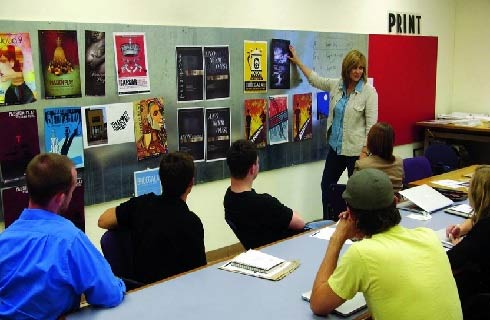
International Foundation Year in Business and Management Studies [Three Terms]
学历文凭
Foundation for Undergraduate
开学日期
课程费用总额


International Foundation Year in Engineering and Computing [Three Terms]
学历文凭
Foundation for Undergraduate
开学日期
课程费用总额

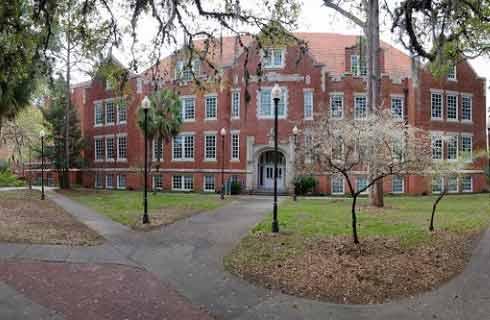
International Foundation Year in Law [Three Terms]
学历文凭
Foundation for Undergraduate
开学日期
课程费用总额


International Foundation Year in Life Sciences [Three Terms]
学历文凭
Foundation for Undergraduate
开学日期
课程费用总额


International Foundation Year in Mathematics and Statistics [Three Terms]
学历文凭
Foundation for Undergraduate
开学日期
课程费用总额


Pre Masters Programme in Business, Law and Social Sciences [Three Terms]
学历文凭
Foundation for Postgraduate
开学日期
课程费用总额

其他相关课程

工程科学硕士(网络系统和电信)
 斯威本科技大学
斯威本科技大学泰晤士高等教育世界大学排名:282
学历文凭
Masters Degree (Coursework)
开学日期
课程费用总额

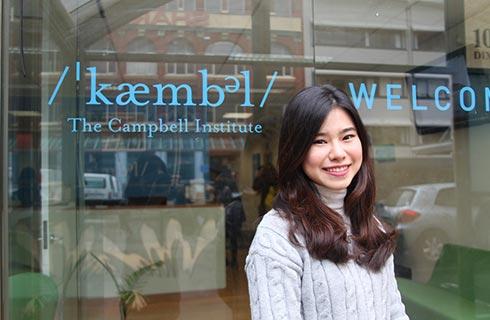
工程学硕士(电气和电子工程)
 皇家墨尔本理工大学
皇家墨尔本理工大学学历文凭
Masters Degree (Coursework)
开学日期
课程费用总额


工程学研究生文凭(电子)
 阿德莱德大学
阿德莱德大学学历文凭
Graduate Diploma
开学日期
课程费用总额

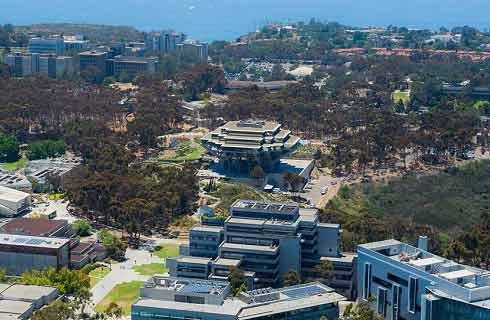
专业工程学硕士(电力)
 悉尼大学
悉尼大学泰晤士高等教育世界大学排名:54
学历文凭
Masters Degree (Coursework)
开学日期
课程费用总额

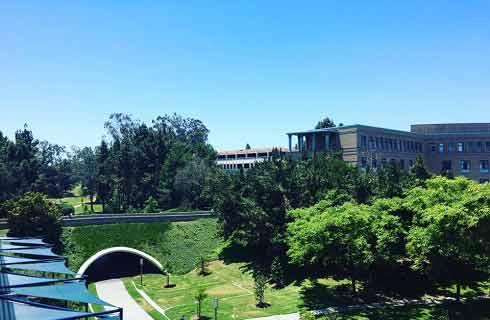
专业工程学硕士(电信)
 悉尼大学
悉尼大学泰晤士高等教育世界大学排名:54
学历文凭
Masters Degree (Coursework)
开学日期
课程费用总额


专业工程学硕士(电气)
 悉尼大学
悉尼大学泰晤士高等教育世界大学排名:54
学历文凭
Masters Degree (Coursework)
开学日期
课程费用总额










